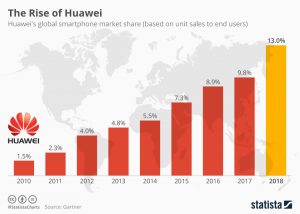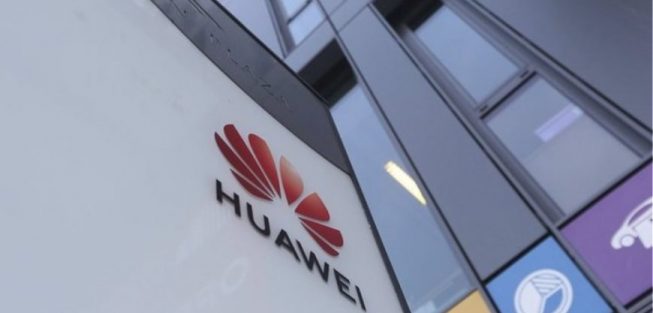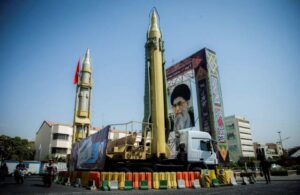Following the Trump administration’s decision to blacklist Huawei, effectively banning U.S. companies from working with the Chinese tech giant, U.S. chipmakers Qualcomm, Intel and Broadcom have reportedly stopped supplying parts to the company headquartered in Shenzhen. The most significant blow to Huawei came from Google however, who reportedly revoked the company’s Android license and suspended any business that requires the transfer of hardware, software or technical services, in compliance with Trump’s executive order.
Google’s decision marks a significant setback to Huawei’s smartphone ambitions, as it immediately bans the company from receiving future Android updates and using Google’s proprietary apps. While Huawei cannot be banned from using the open source version of Android to build its own operating system based on Android code, the lack of access to Google’s Play Store and its popular line of apps (incl. YouTube, Gmail, Google Maps among others) would severely limit the appeal of Huawei devices, especially for customers outside of China, where most of Google’s services are banned anyway.
Having overtaken Apple as the world’s second largest smartphone vendor in the first quarter of 2019, Huawei’s rise in the smartphone market has been nothing short of impressive. According to Gartner, the company sold more than 200 million smartphones in 2018, accounting for 13 percent of global sales. Aside from its market leading position in China and large parts of Asia, Huawei has become one of the most popular smartphone brands in Europe, Latin America and the Middle East in recent years, though it has never made a breakthrough in the United States.
source statista

Ask me anything
Explore related questions





